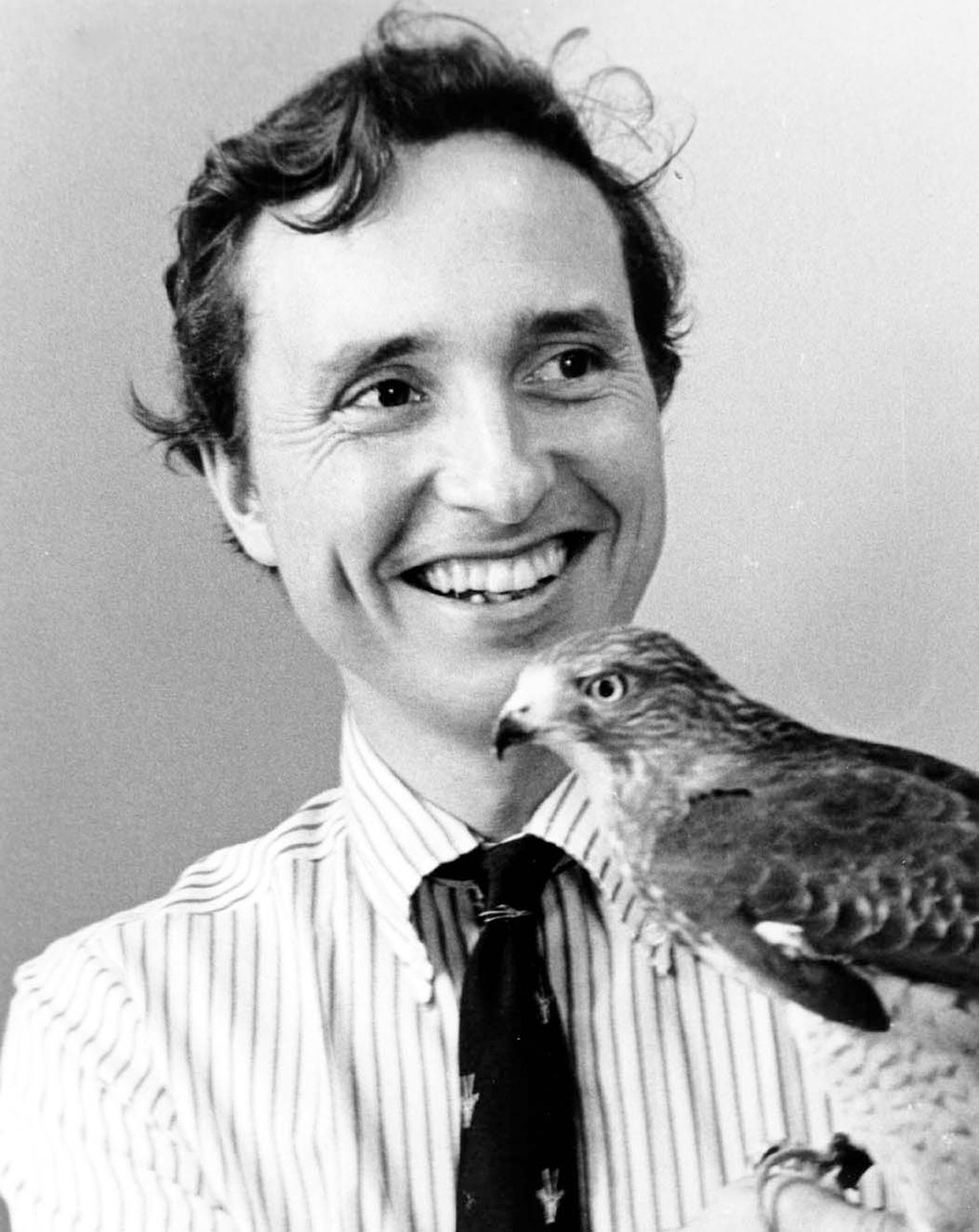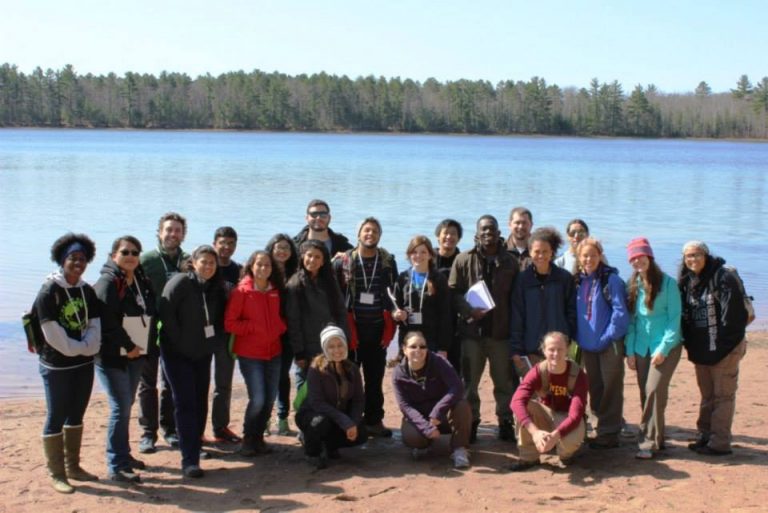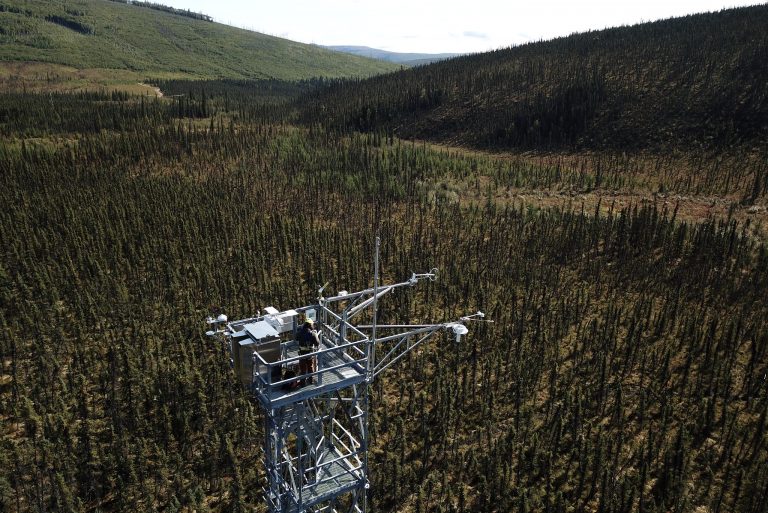
Tom Lovejoy Tribute
The world lost a dedicated scientist and enthusiastic spokesperson for the environment with the passing of Tom Lovejoy. His optimism, generosity, and compassion inspired an amazing spectrum of ecologists, conservation biologists, economists, politicians, celebrities, and students.





